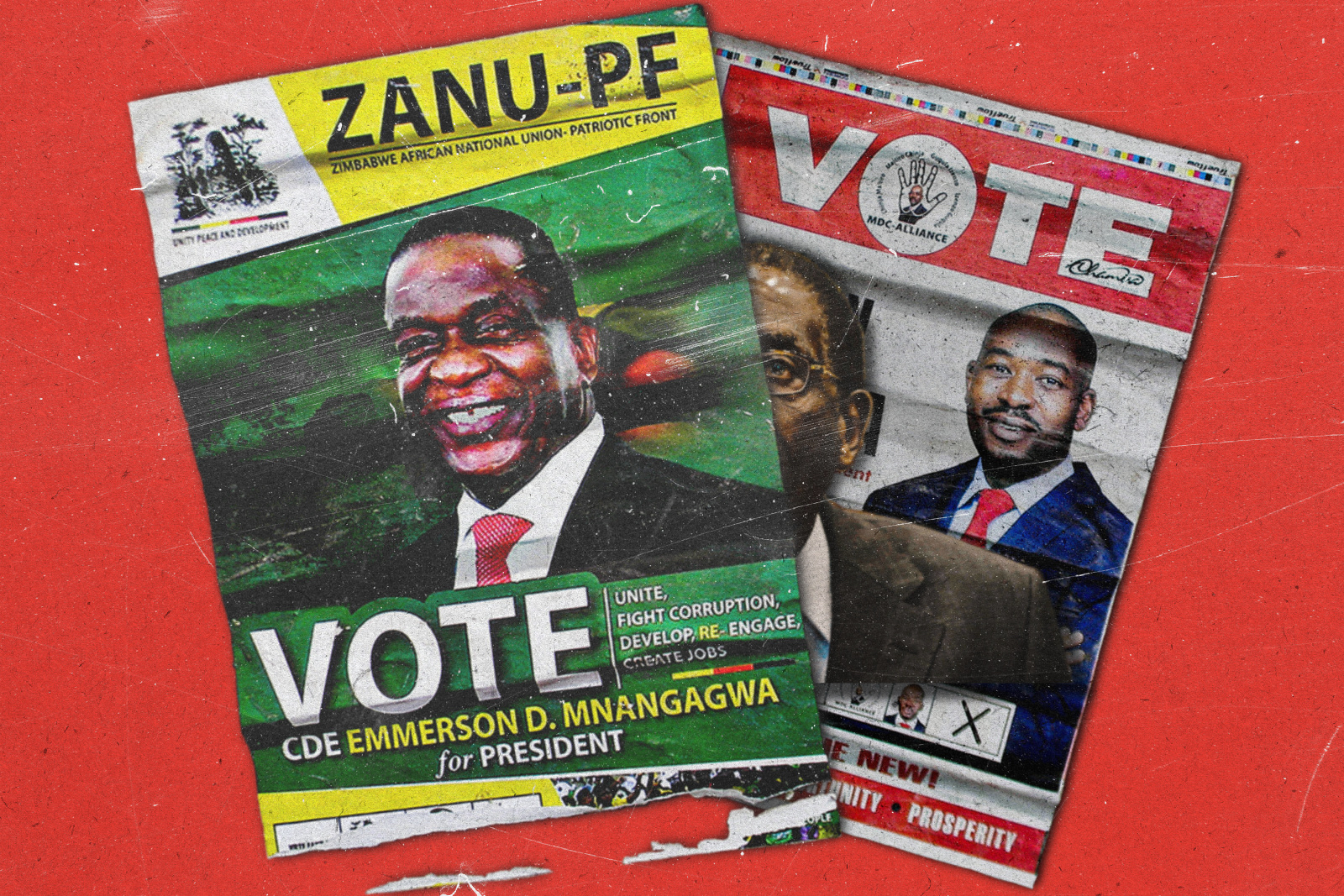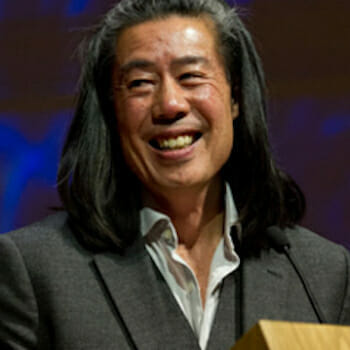
A Disquieting Drama: Zimbabwe’s August Elections Unfurl
I’ve observed Zimbabwean elections since their inception in 1980, a momentous year following intense negotiations in both Zambia and England throughout the latter part of 1979. These talks succeeded in a brutal liberation war against the white minority government, waged by two guerrilla armies representing outlawed black political organizations. The ZANU-PF, led by Robert Mugabe and bolstered by Chinese military training, emerged victorious.
They established the first black majority government in what was then Rhodesia, now Zimbabwe. As an official observer appointed by the Commonwealth Secretariat, I witnessed the nation’s birth and have attended nearly every subsequent election, in various capacities. Our make-shift methods from 1980 set a template that has endured.
I disclose this to contextualize the following account, which I pen from neighboring Zambia after being detained and deported from Zimbabwe on the eve of this year’s elections. Although some may question the objectivity of my criticisms, I leave that judgment to the reader.
It’s important to note that not all Zimbabwean elections have been contentious. Although the nation’s political climate soured not long after independence, elections didn’t attract significant international scrutiny until the turn of the century. But Zimbabwe’s volatility was evident in the covert pogroms of 1982-1987, targeting perceived dissidents within the stronghold of Mugabe’s chief rival, Joshua Mqabuko Nyongolo Nkomo. This early paranoia led Mugabe to suspect an insurrection, resulting in the slaughter of tens of thousands. Astonishingly, the 1985 elections passed without a hitch.
By 1990, Mugabe faced a challenge from Edgar Tekere, an old comrade, and his nascent ZUM party. Despite some localized violence against Tekere’s supporters, Mugabe was still hailed as a liberator who won decisively. His triumph in the economically troubled 1985 election had already shown his staying power, but those economic woes deepened after 1987, exacerbated by military pensions and an ill-advised Congolese war venture. These circumstances created an opening for a new opposition party led by Morgan Tsvangirai, who became Mugabe’s first substantial electoral challenger.
Mugabe’s defeat in a 2000 referendum, aimed at increasing his powers, sent him into a reactionary frenzy. Desperate to reclaim his nationalist credentials, he initiated farmland seizures, devastating Zimbabwe’s agricultural sector and leading to record-high hyperinflation. Mugabe’s clear path to defeat in the 2008 elections against Tsvangirai led him to authorize the first full-scale national election rigging. South Africa’s Thabo Mbeki negotiated a shaky coalition, keeping Mugabe as president while Tsvangirai became his prime minister with very limited powers. But the precedent for electoral manipulation had been set, a tactic later utilized by Mugabe’s successors.
Fast forward to 2023: With a resurgent hyperinflation and a trail of disastrous economic policies, President Emmerson Mnangagwa and Nelson Chamisa, Tsvangirai’s youthful successor, are set for a rematch. Amidst rampant corruption within a now oligarchical ruling party, the stage is set for yet another fraught election. I had intended to bear witness on August 23 but was deported two days prior, further muddying the already murky waters of Zimbabwe’s electoral politics.
Aware of opposition leader Chamisa’s rising international profile and with an eye on the scrutiny from neighboring democratic states—namely Zambia and South Africa—Zimbabwe’s ruling party, ZANU-PF, orchestrated a series of tactics to tilt the electoral scales in its favor. This manipulation came atop the government’s control of the media narrative and a significant disparity in campaign funds between the ruling party and the opposition.
The country’s electoral commission hardly offered a level playing field; rather, it appeared to function as yet another instrument in the larger apparatus designed to stifle the opposition. For instance, voter rolls were belatedly released, laden with errors, and were never fully disclosed to opposition parties. Candidate fees were inflated to such an extent that it hindered minority parties from fielding candidates in multiple constituencies. Candidacies were often invalidated by the courts for inconsequential technicalities. While some opposition figures managed to get reinstated on appeal, others had no choice but to abandon their electoral ambitions.
Police often shut down opposition rallies on the pretext of health and safety concerns. International observers faced dire warnings and restrictions, although their diplomatic standing allowed them to proceed as planned. Individuals without formal affiliation to observer groups found themselves either deported or denied entry, including myself and representatives from various advocacy groups.
On the ground, voters in areas not frequented by observers experienced acts of violence, while those in observed regions faced threats. Government rallies featured what could be interpreted elsewhere as blatant bribery, distributing food and fertilizer to attendees. In urban strongholds of the opposition, polling stations intentionally opened late to discourage long queues of voters. This led to extensions in voting hours, sometimes lasting an entire extra day, aimed at both weakening opposition voting strength and sapping morale.
So-called ‘exit pollsters’ stationed outside polling booths added a layer of intimidation, while the presence of armed riot police in major cities further stoked anxieties. Notably, the official vote count from the electoral commission differed from figures tabulated in parallel vote counts at polling stations nationwide.
Observers, especially those from the Southern African Development Community led by former Zambian Vice President Nevers Mumba, raised alarms over these electoral malpractices. Mumba faced sustained abuse for his critical assessment that the election was neither free nor fair.
I concur with this analysis. Under such compromised conditions, even a ‘plausible’ victory loses all semblance of legitimacy. The election was kept relatively peaceful but was carried out in a manner devoid of credibility.
As this saga unfolds, I’m frequently met with Zambians—once considered inferior by some Zimbabweans—who proudly mention their own nation’s progress and capability to hold free and fair elections. In Zimbabwe, the ZANU-PF seems to prioritize victory and access to power above national reputation and pride.

